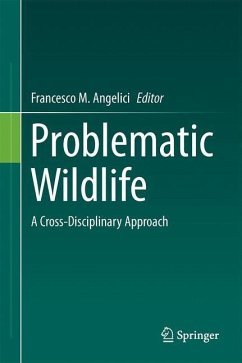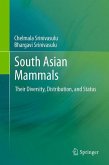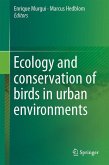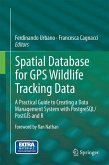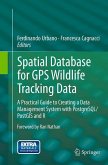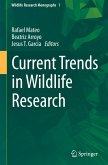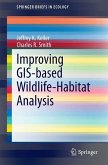This book provides insight into the instances in which wildlife species can create problems. Some species trigger problems for human activities, but many others need humans to save them and to continue to exist. The text addresses issues faced by economists and politicians dealing with laws involving actions undertaken to resolve the problems of the interaction between humans and wildlife. Here, the words 'problematic species' are used in their broadest sense, as may be appreciated in the short introductions to the various sections. At times, the authors discuss special cases while always extending the discussion into a more general and broad vision. At others, they present real cutting-edge analysis of ecological topics and issues.
The book will be of interest to biologists, ecologists and wildlife managers involved in research on wildlife, parks, and environmental management, as well as to government departments and agencies, NGOs and conservation wildlife organizations. Even those in contact with nature, such as hunters, herders, and farmers, will be able to find a great deal of important information. Specific case studies are selected from among the most significant and prevalent cases throughout the world.
A total of 26 papers have been selected for this book, written by zoologists, biologists and ecologists. Many have an interdisciplinary approach, with contributions by economists, criminologists, technical specialists, and engineers.
The book will be of interest to biologists, ecologists and wildlife managers involved in research on wildlife, parks, and environmental management, as well as to government departments and agencies, NGOs and conservation wildlife organizations. Even those in contact with nature, such as hunters, herders, and farmers, will be able to find a great deal of important information. Specific case studies are selected from among the most significant and prevalent cases throughout the world.
A total of 26 papers have been selected for this book, written by zoologists, biologists and ecologists. Many have an interdisciplinary approach, with contributions by economists, criminologists, technical specialists, and engineers.
"It is devoted to a current and hot area in wildlife. ... The book emerges as a keyhole for the greater door of wildlife management which can contribute to a better understanding. A book of this sort is recommended for wildlife and forestry students. It can also widen the perspective of policy makers on problematic species by paving a better way of sorting it." (S. Suresh Ramanan and Anatoliy A. Khapugin, Nature Conservation Research, Vol. 2 (2), 2017)

